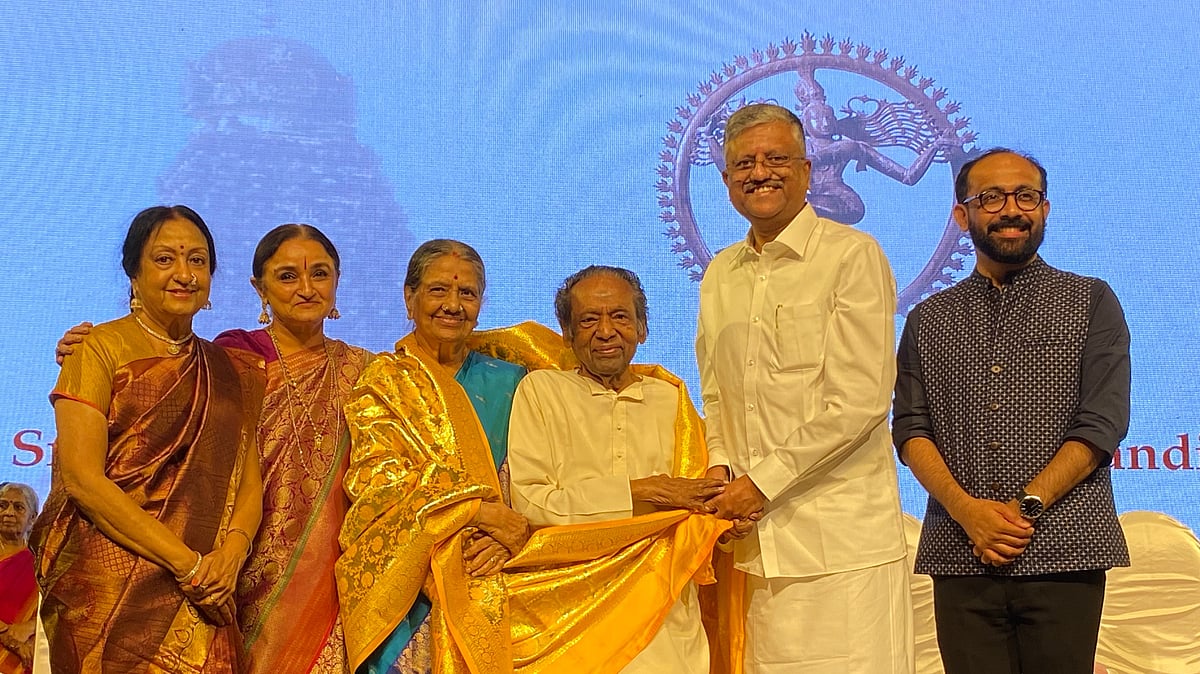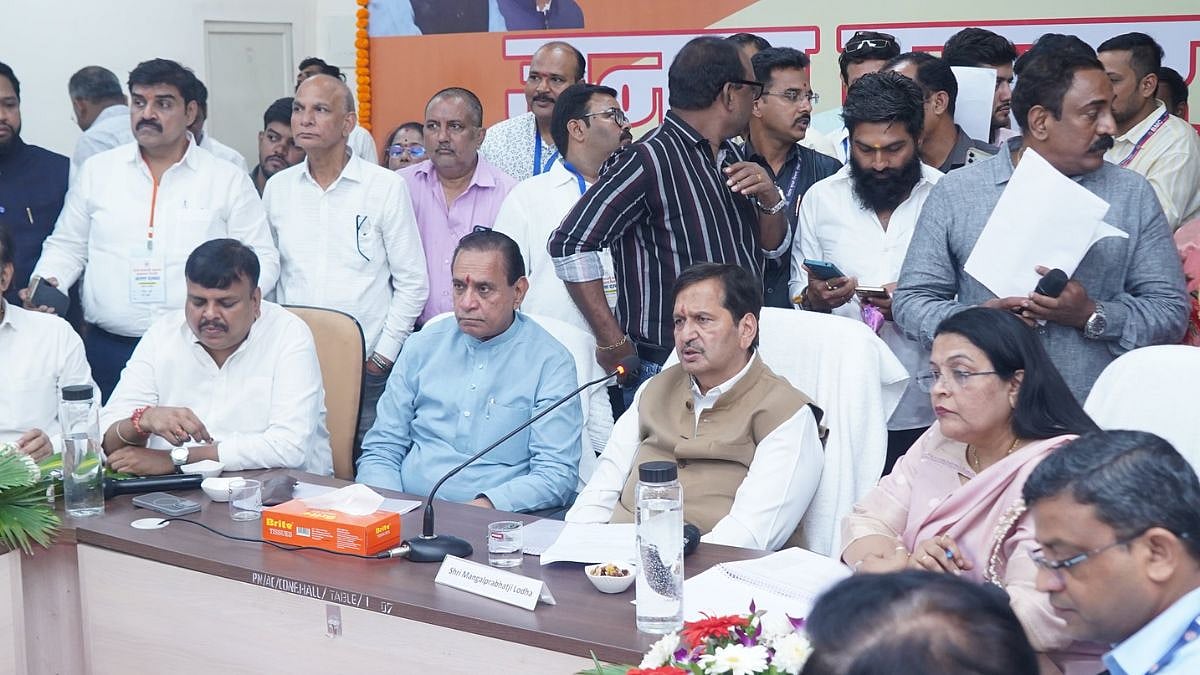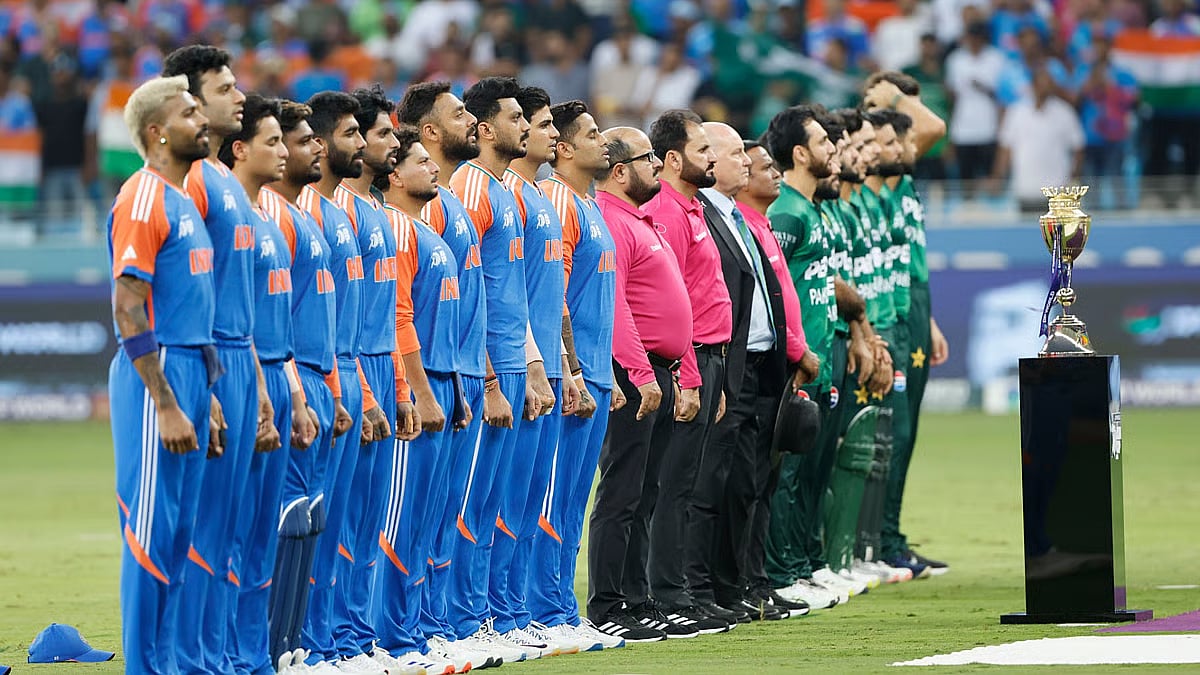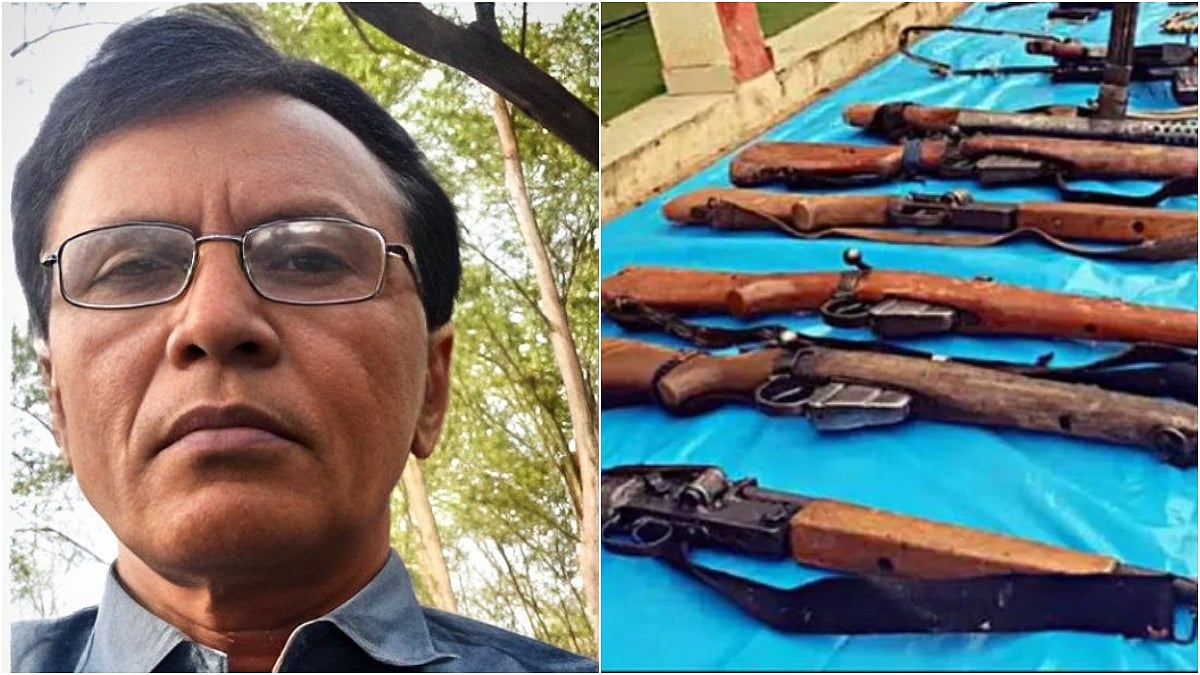While pushing for a uniform civil code, the BJP has suddenly turned cautious: it is hearing alarm bells in the tribal regions. The 700-odd tribes of India each have their customary laws on marriage, divorce, succession and inheritance. They consider them sacred and inviolable. The BJP sees major risks in forcing them to abandon their tribal codes and accept a uniform code. It sees risks to the nation: ethnic violence, setback to national integration and reversal of the peace process in the Northeast. It sees political risks to itself: shrinkage of electoral base among tribals, setback to co-option of tribal leaders, desertion by allies and loss of power in Northeastern states.
Several regional parties, community organisations and religious groups of the Northeast have come out against a uniform civil code. The chief ministers of Nagaland, Mizoram, Meghalaya and Arunachal Pradesh have spoken against it. These chief ministers lead parties that are BJP allies. Despite that, they have spoken against a uniform code, because the tribes they represent are opposed to it. Nagaland Chief Minister Neiphiu Rio led a delegation of his ministers to Delhi to meet Union Home Minister Amit Shah in early July to plead that a uniform civil code would be a violation of Article 371(A) of the Constitution which guaranteed protection of the customary laws and traditions of the Nagas. A few days before the meeting, Rio’s party, the Nationalist Democratic Progressive Party had assured the Nagas: “We..stand steadfast to protect and safeguard our identity, customs, traditions and unique history.”
No wonder, the BJP MP Sushil Modi, who is the chairman of the Parliamentary Standing Committee on Law, has suggested that a uniform civil code should not be applicable to tribes. The Vanvasi Kalyan Ashram, an organisation of the Rashtriya Swayamsewak Sangh working among tribals, echoed Sushil Modi, saying, the Law Commission should visit the tribal areas “to understand the traditional system of the tribal community on subjects like marriage, divorce, adoption, succession... in depth before submitting any report to the government.” A media report quoting Nagaland government sources said that Amit Shah had assured the Chief Minister-led delegation that tribals would not be affected by the proposed uniform civil code.
Independent India demarcated tribal areas as areas of special governance where the Indian State would respect the autonomy of tribal councils. It gave the tribes special rights and privileges to preserve and pursue their way of life. They were free to follow their customary laws in family matters, resolve interpersonal disputes through tribal village councils, possess and use land in forests, harness and manage the natural resources and so on. However, over the years, the State has steamrolled tribal autonomy in deciding on affairs relating to exploitation of natural resources in tribal areas. Tribal autonomy survives only in family and social affairs. The tribes would lose even this last island of autonomy if they are forced to follow a uniform civil code.
The central government must desist from invading the last island of tribal autonomy. At the same time it must advance slowly to rectify the deformities and abnormalities in its landscape with the participation of the tribes. Because this island is not a garden of Eden for every inhabitant. It is certainly not a garden of Eden for women. It is the men who enjoy the fruits; the women get the leftovers; often they get nothing.
According to the customary laws of the Mizos, the youngest son inherits the father’s assets. A daughter does not get any share in her father’s property. Among the Gillongs and the Wanchos of Arunachal Pradesh, sons get the father’s property, not daughters. Among the Nagas, the youngest son inherits the lion’s share of the property including the ancestral house. The immovable property such as land is divided equally among sons. But the daughters get nothing. Even if there are no sons, they do not get anything. The property goes to close male relatives such as the father’s brother or his sons. So it happens among the Santhals and Oraons of Jharkhand, the Jamatiyas and Halams of Tripura and the Dongaria-Kandhas and the Paudi-Bhuyans of Odisha. A father among tribes may give his daughter a small piece of land as a gift, but it is rare. In any case, the daughter gets it as a gesture of kindness, not by way of right.
Divorced women are in no better position than daughters. According to the Mizo customary laws, a man could divorce his wife just by saying, “Ka ma che (I divorce you)” and deny her any right to the family property. It was worse than how Muslim men misusing the law of well-spaced triple talaq dismissed their wives.
Married women among tribes are not all living in bliss, either. Polygamy is common among wealthy families. The National Family Health Survey-5 (2019-20) found the highest prevalence of polygamy among Northeastern tribes. The wives have to work both in their homes and on the lands. They are not only excluded from ownership and management of assets but also from vital decision making in the family, the village and the community. No wonder, a woman member is a rarity in the legislatures of Nagaland, Mizoram, Meghalaya and Arunachal Pradesh.
To sum up, it would be whimsical, imperious and tyrannical to impose a uniform civil code on the tribes. They must be allowed to keep their last island of autonomy. However, the central government should start a process of dialogue with them to reform their customary laws to end discrimination against women. The daughters must get equal rights to their parents’ property, divorced women must get enough share in family property and alimony and polygamy must end. In 2014 Mizoram passed a law (Mizo Marriage, Divorce, Inheritance of Property Act) to reform the customary laws. It shows evolution. The central government can build up a climate through dialogues among the other tribes for a remoulding of their ancient family laws. It may not happen in a day. It may take decades. But the dialogue must start. The tribal women are yearning for it.
(Arun Sinha is a journalist and writer)











